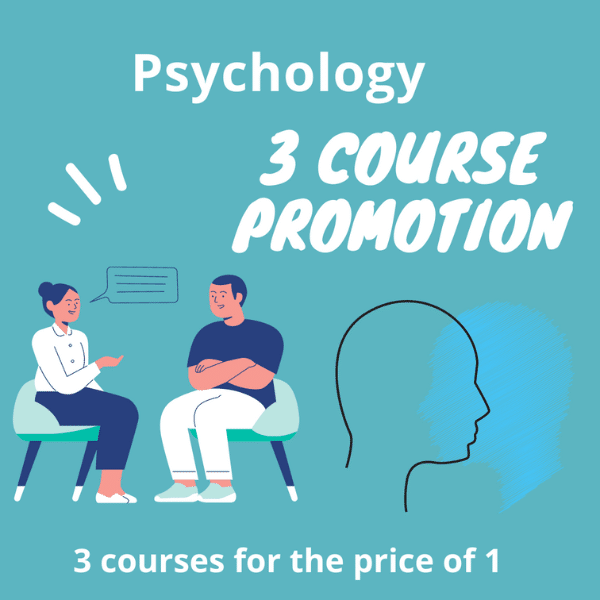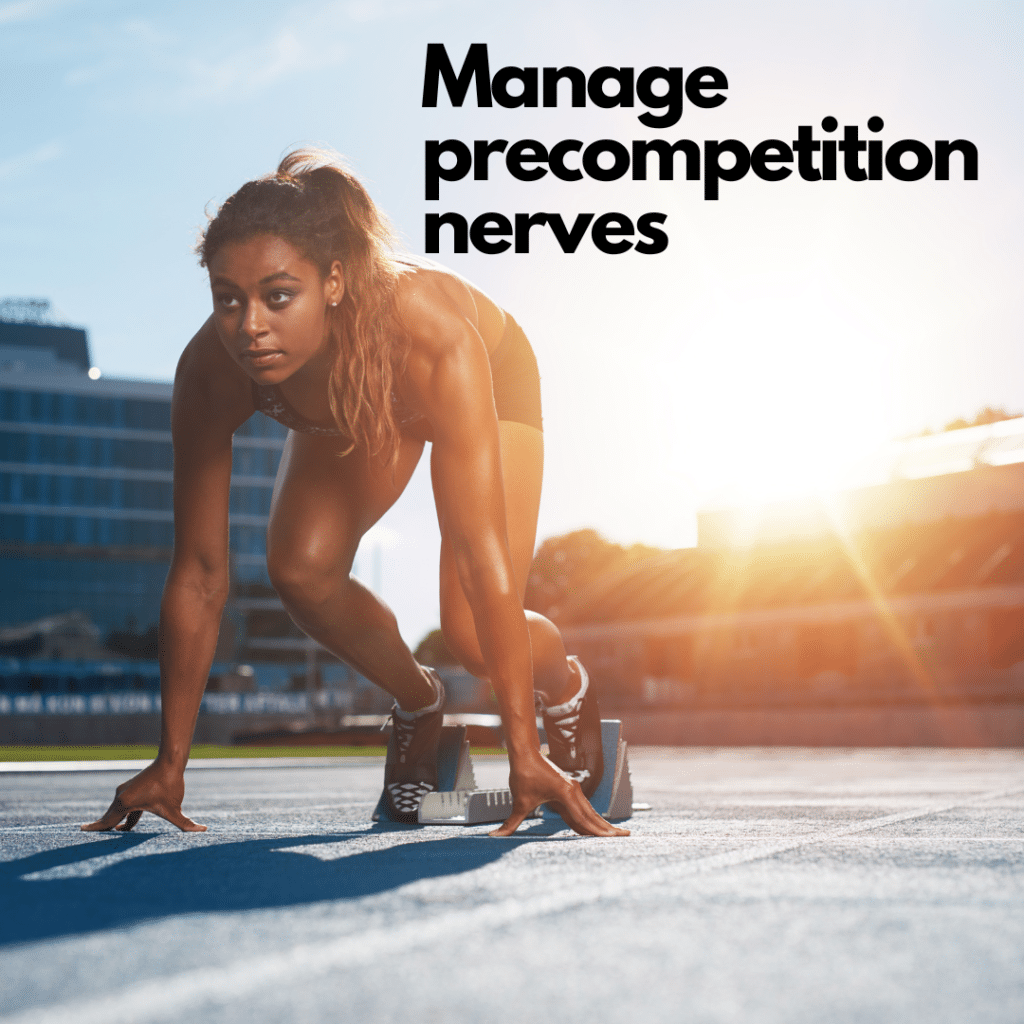Mastering mindfulness techniques for athletic performance has become a cornerstone of mental preparation in sports. It involves training the mind to stay focused, present, and aware in the moment, leading to better emotional regulation, stress management, and enhanced performance.
Mindfulness begins with the conscious recognition of one’s thoughts, feelings, and bodily sensations without judgment. This awareness can be cultivated through practices such as meditation, breathing exercises, and yoga. Regular practice helps to develop a sense of calm and clarity, reducing pre-competition nerves and enhancing concentration.
Mindfulness can also promote the skill of acceptance, enabling athletes to accept and deal with pressure, fear of failure, or performance-related stress. By recognizing these feelings as transient and normal, athletes can prevent these factors from becoming performance-limiting obstacles.
Furthermore, mindfulness can improve decision-making skills during high-pressure moments in competition. By staying present and focused, athletes can better react to changing circumstances, make quicker decisions, and execute their skills more accurately.
In addition, mindfulness techniques foster resilience and adaptability. They allow athletes to bounce back from setbacks more effectively, be it a bad performance, an error, or an injury. It equips them with the mental fortitude to continue striving towards their goals, regardless of the challenges that lie ahead.
Thus, mastering mindfulness techniques is a key tool for athletes in their mental preparation, helping them to manage their nerves and optimize their performance.







